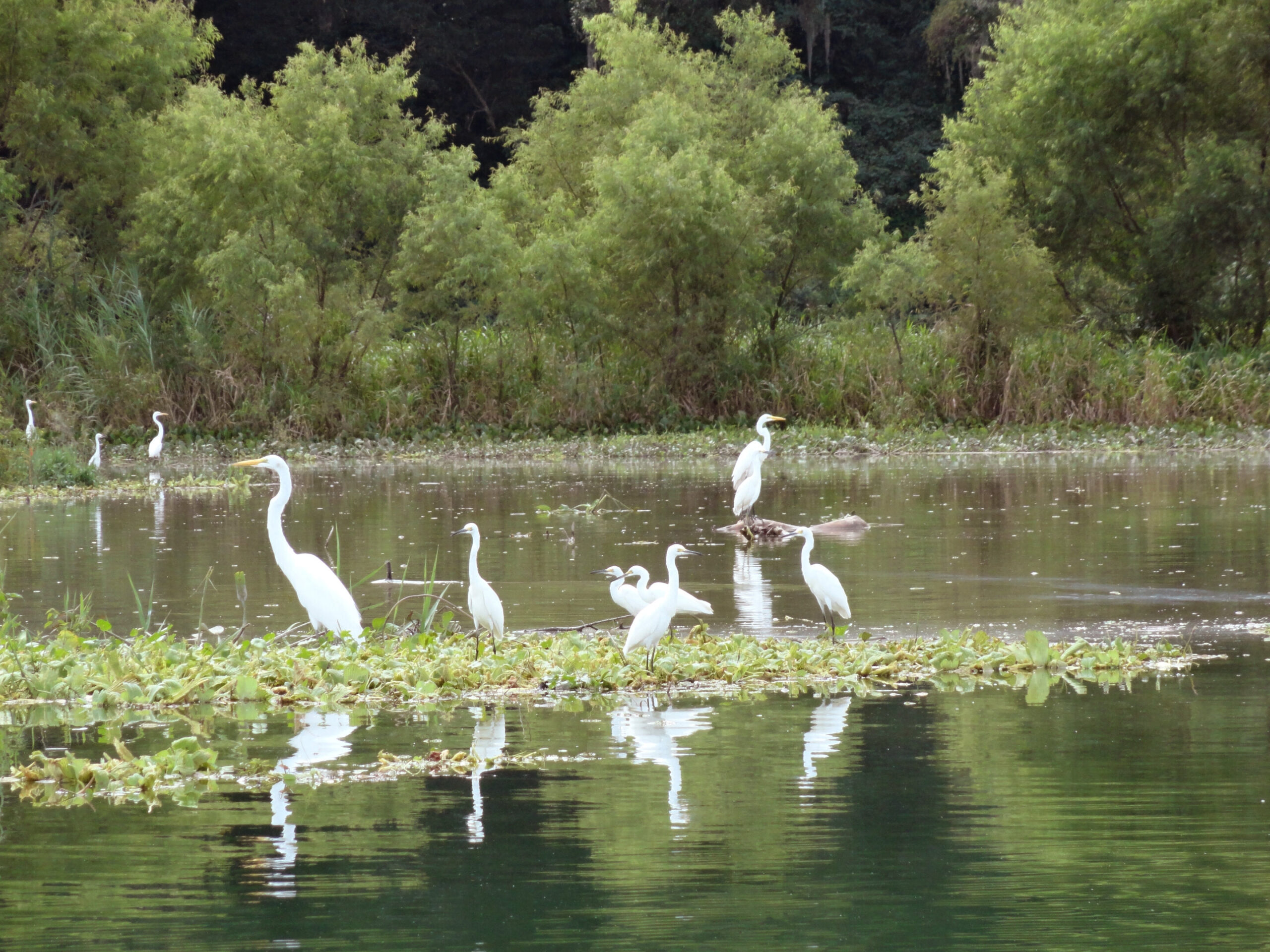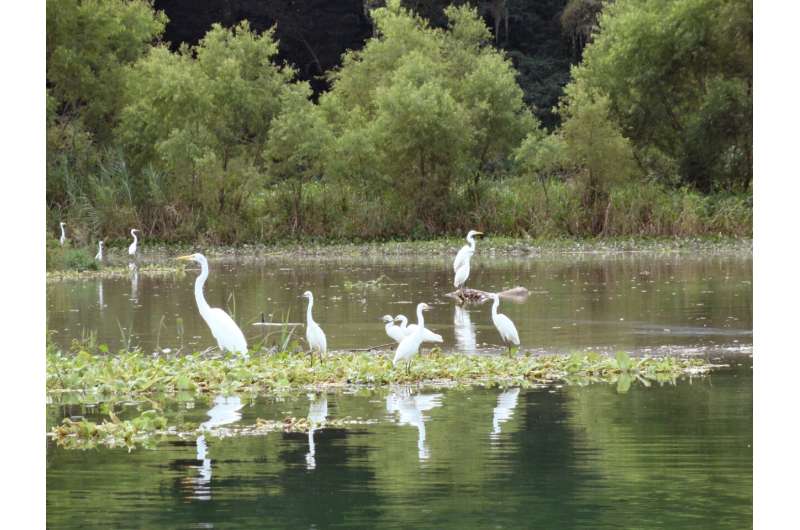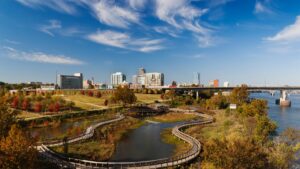

A team of sustainability scientists at the University of Massachusetts Amhersthave announced in the journal PLOS ONE that they have developed a community-based framework, founded on extensive local and traditional knowledge, to help assess and respond to the kinds of ecological threats that are widely dispersed across a varied landscape and whose solutions are not immediately obvious.
The framework, which was developed to address watershed issues in Honduras’s Lake Yojoa, is widely applicable to a broad range of threats facing ecological commons wherever they may occur around the world.
“One of the biggest issues facing international sustainability efforts is that smaller, less economically developed countries often don’t have the resources to conduct nuanced, in-depth surveys of local people and the local environment in the threatened area,” says Ana Quiñónez Camarillo, a Ph.D. candidate in environmental conservation at UMass Amherst and the paper’s senior author.
“And so environmental organizations often wind up pushing a top-down conservation strategy, which may or may not be acceptable to the local people. If the strategy isn’t acceptable, then it may fail, costing time, money, goodwill and further endangering ecological and social health.”
This is especially true of ecological issues that are widely dispersed, have multiple causes and result in an array of negative effects.
Quiñónez Camarillo and her co-author, UMass Amherst Professor of Environmental Conservation Timothy Randhir, point to Honduras’s Lake Yojoa watershed as an example.
Lake Yojoa is the country’s largest natural lake, and its watershed covers 337 square kilometers of forest and mountains. It is adjacent to two national parks; a major highway runs nearby, and dozens of towns and villages are located within the watershed, some right on the lake’s edge and others tucked up in the mountains. The watershed is rich in biodiversity and has become a popular tourist destination. Aside from tourism, fishing is a major industry, as well as mining and aquaculture.
Many in the region are concerned about water quality, but what water quality looks like depends upon which part of the watershed you are in—and the method of protecting water quality may, on the surface, look like it has nothing to do with water. For instance, in the mountainous highlands, a concern for water quality may mean changing logging or mining practices, since deforestation often leads to silt-filled streams that empty into the lake, which then affect fish and the people who rely upon them for their livelihood.
“If you were to tell someone in the mountains, ‘don’t log in this way to protect the fish in the lake,’ it wouldn’t make any sense,” says Quiñónez Camarillo.
To help make these connections visible and expedite planning, Quiñónez Camarillo and Randhir adapted a sensitive, flexible and complex framework, called a multiscale ecological framework, to focus on the local perception of threats, consequences and solutions (TCS).
“Academic experts in sustainability all over the world are faced with the challenge of how to use extremely theoretical scientific frameworks to engage the public,” says Randhir, who has been a pioneer in such environmental frameworks.
“Our TCS framework makes thinking across multiple scales more approachable for local communities by focusing on the three big areas—threats, consequences and solutions—that are familiar to how people live their daily lives.”
To test the TCS framework, Quiñónez Camarillo and Randhir conducted 224 surveys across 12 communities within the Lake Yojoa watershed, as well as engaging 24 other stakeholders, which ranged from private companies to the National parks and which were selected by the local commonwealth for the Lake Yojoa Watershed, AMUPROLAGO.
The surveys were conducted orally in Spanish. They were designed in conjunction with AMUPROLAGO and, in addition to standard demographic questions, focused on threats, consequences and solutions to the loss of forests, wetlands, wildlife, fishing resources, water quality and water quantity.
From the rich data that the researchers collected, they were able to generate a series of detailed tables assessing a wide range of threats, consequences and solutions for the various locales in the Lake Yojoa watershed—grass-roots information that the team hopes will serve as a valuable baseline for conservation and governmental organizations at work in the Lake Yojoa region.
“With the TCS framework we can design better solutions that will be more effective because they are more equitable and acceptable to local people. This framework can help show how big solutions actually affect the things that people really care about at the grass roots,” says Quiñónez Camarillo.
More information:
Ana Quiñóneze et al, A Sustainability Framework based on Threats, Consequences, and Solutions (TCS) for Managing Watershed Commons, PLoS ONE (2023). DOI: 10.1371/journal.pone.0295228
Provided by
University of Massachusetts Amherst
Citation:
Researchers develop grassroots framework for managing environmental commons (2023, December 6)
retrieved 6 December 2023
from https://phys.org/news/2023-12-grassroots-framework-environmental-commons.html
This document is subject to copyright. Apart from any fair dealing for the purpose of private study or research, no
part may be reproduced without the written permission. The content is provided for information purposes only.





